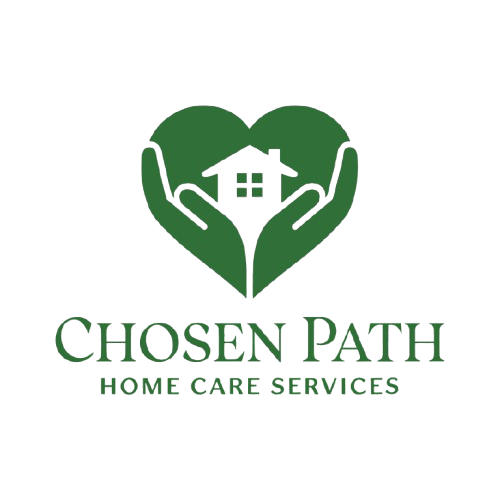Payment Options
Private Pay
If insurance coverage is not available or does not cover the care you need, you and your family may need to pay for services out of pocket. Many families rely on savings and assets to fund long-term care, as long-term care insurance policies are not common. Additionally, many do not qualify for Medicaid or Medicare, and coverage can be limited. The cost of care will vary significantly based on the frequency and level of care your loved one requires.
Commercial Health Insurance Companies
Many private insurance policies include coverage for some home care service for short-term needs, but benefits for long-term care vary from plan to plan. Be sure to ask your insurance provider about coverage for home care.
Long-Term Care Insurance
Having a long-term care insurance policy in place before any significant changes in the health and mobility of your loved one ensures that they will have comprehensive home care coverage when they need it most. Since individuals requiring non-medical in-home care are not typically considered sick in the conventional sense, many standard health insurance policies do not cover these needs.
Reverse Mortgage
There are several types of reverse mortgages, but only one that is relevant to seniors looking to pay for care; the Home Equity Conversion Mortgage (HECM). This option for seniors is becoming increasingly popular and uses the equity from their home to pay for in-home caregiving costs.
Individual Retirement Accounts (IRAs)
Individuals and families have many options to pay for future expenses. Working with your bank, credit union or financial planner is a good way to put together a personal savings plan. If you or your loved one has an individual retirement account (IRA), some funds from that account may be used for home care needs.
Health Savings Accounts (HSAs)
Health savings accounts (HSAs) are used to save money for future medical expenses. You, not your employer or insurance company, own and control the money in your health savings account.
Employer-Paid Assistance
Another emerging trend and hopeful direction includes employers providing some sort of elder care to employees. When you consider how many hours of work are missed when an adult child must care for their aging or ill parent, offering assistance can be good for business.
Life Insurance / Accelerated Death Benefit (ADB)
A feature included in some life insurance policies, which allows you to receive a tax-free advance on your life insurance death benefit while you are still alive.
Annuities
You may choose to enter into an annuity contract with an insurance provider to help pay for long-term care services.
Trusts
One common use of a trust is to provide flexible control of assets for an older adult or a person with a disability, which could include yourself, your spouse or another loved one.
Veteran’s Benefits
The Veteran Aid & Attendance Pension program offers families and individuals an additional method of meeting home care costs. Whether or not you or a family member qualify for the A&A program, the VA allows households to deduct the annual cost of paying for in-home care when calculating their regular pension benefit.
Asset Conversion
There are a number of options available to families with non-liquid assets that allow them to convert those assets to help cover things like home care expenses. Reverse mortgages, home equity lines of credit, REX Agreements and EquityKey are real estate-based asset conversion programs that provide seniors with financial solutions to their long-term home care needs.
Tax Credits & Cost of Care Reductions
There are a variety of state and federal programs, initiatives and tax credits that can significantly lower your family’s tax burden effectively reducing the overall cost of care.
Chosen Path Home Care
Email: info@chosenpathhomecare.com
Address:
2616 South Loop West
Ste 100G
Houston, TX 77054
Phone: 346-456-5100
Fax: 346-502-3579
Our Office Address
©2024. Chosen Path Home Care. All Rights Reserved.

